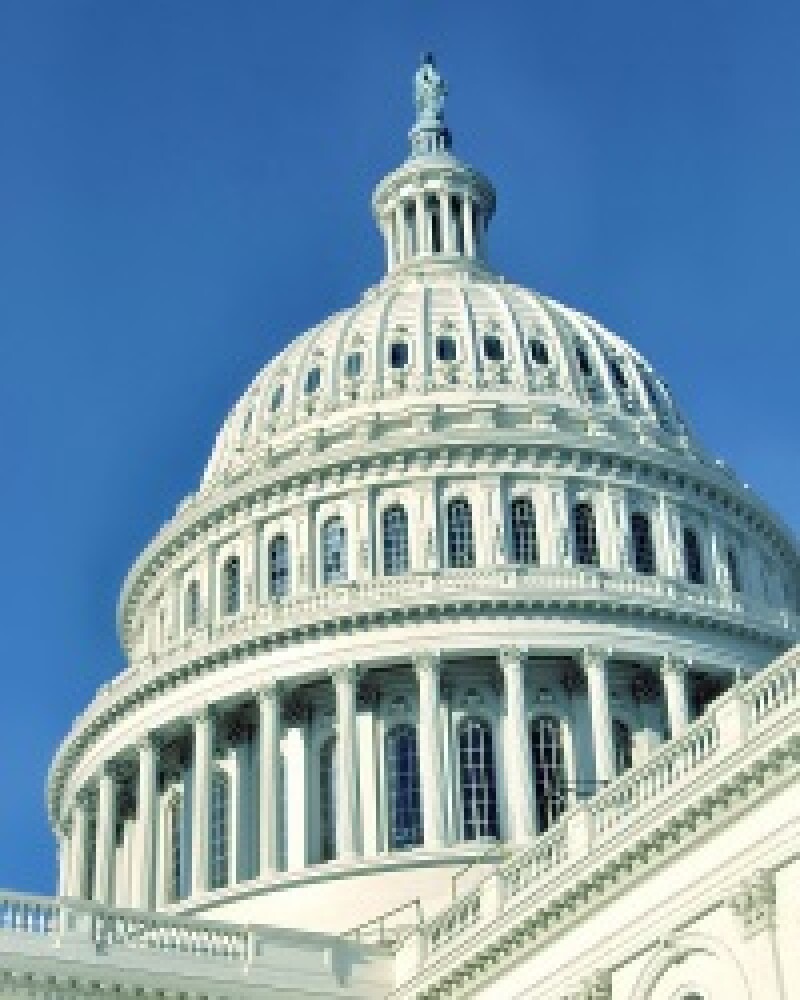
The PATENT Act that was approved by the US Senate Judiciary Committee last week and which will be reported to the full Senate looks very different to that which was introduced in in April.
As Oblon partner Scott McKeown noted in a Patents Post-Grant blog post last week, the PATENT Act “has morphed into a PTAB reform bill” in a “surprising change of course”.
Radical changes to the Patent Trial and Appeal Board had been included in the patent owner-friendly STRONG Act introduced in the Senate in March. But that bill stands little chance of passing.
The PATENT Act, by contrast, is more popular and has bipartisan support. With the addition of changes to the PTAB, it appears the bill is attempting to appease patent owners such as pharmaceutical companies as well as appealing to the technology industry with its previous provisions to shift fees, curb abusive demand letters, increase transparency and limit early discovery.
Some of the biggest PTAB changes in the manager’s amendment include giving the USPTO Director discretion to deny petitions “in the interest of justice” (a provision surely aimed at Kyle Bass), stipulating that a patent challenged in a proceeding “shall be presumed to be valid”, requiring the PTAB to ditch the broadest reasonable interpretation standard and apply the narrower claim construction followed by the district courts, and reducing the burden on amending claims in PTAB proceedings.
Oblon's McKeown was especially scathing about the proposed change to the Philips claim construction, noting that “patentees will regret pushing for this change, if it happens”. He said the presumption of validity provision would “create unnecessary confusion”. He added that a provision to force amendment within 30 days of trial institution was a “strange idea” that would mean a patentee would not be able to depose the petitioner’s expert.
In fairness, McKeown noted some of the changes seem sensible such as an exception to the 12-month IPR window for amended complaints that add new claims that would address a common joinder situation and fixing CBM grounds to include 102(e).
Other provisions in the bill McKeown said are moot because the PTAB is likely to make similar changes soon such as: allowing preliminary responses to include evidence and allowing petitioners to seek leave to reply; allowing live testimony; providing the ability to amend as a matter if right if narrowing, supported and responsive to trial ground; and mandating only one judge in common with institution order and final written decision.
All these changes would be prospective only. McKeown said that were they to be enacted there would be “a massive crush of filings” in the weeks before they were actice to avoid uncertainty.
Harness Dickey included a good overview of the proposed changes to the PTAB in the PATENT Act on its http://ipr-pgr.com website.
There may be further tweaks to these proposals. The bill’s co-sponsors admitted that the manager’s amendment included “placeholder language” for amending claims in PTAB proceedings.
“Negotiations are ongoing regarding this provision,” they said in a statement.
Another issue is in regards to a proposal by the life sciences community concerning the applicability of the PTAB proceedings to patents that are subject to the Hatch-Waxman Act and Biologics Price Competition and Innovation Act processes. “The cosponsors have agreed to work on these issues as the bill proceeds to the Senate floor,” they said.
Only 30% of our content is published on our blog – to access all of our content you need to be a subscriber.
We like to offer our loyal blog readers a special rate, so register your interest in coming on board as a subscriber and we will be in touch shortly









